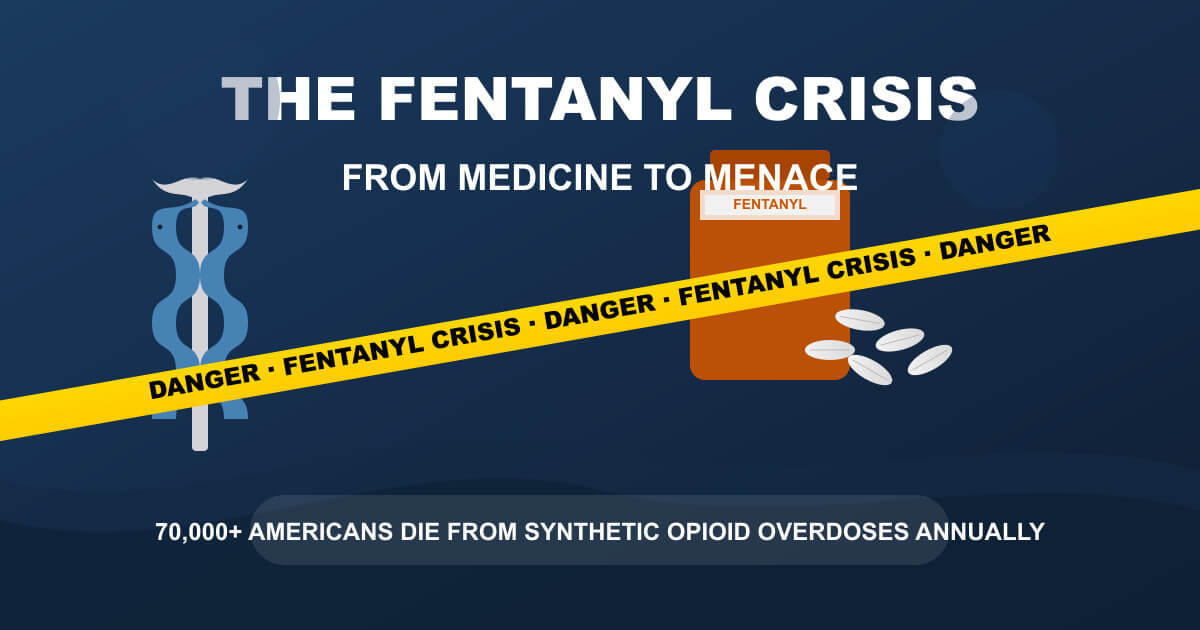The World Bank-funded infrastructural projects being implemented in conjunction with the Kilifi County Government will see the targeted informal settlements benefit from 13 kilometres of tarmac roads and walkways, drainage systems, streetlights, and 250 toilets, among others.

Kilifi Housing and Urban Development Chief Officer Ali Abubakar said the projects are underway in Kibaoni, Baya Magonzi, Kalolo, Mtaani, and Kisumu Ndogo informal settlements in Kilifi town and Muyeye and Kibokoni M17 in Malindi town.
Speaking when KISIP officials conducted an inspection tour of ongoing works in Kilifi and Malindi towns on Monday and Tuesday, Mr. Abubakar said the project has a land tenure component in which land ownership in the targeted settlements is regularised through the issuance of title deeds in Mazeras and Kibokoni.
He said the project is also constructing business premises through the use of 16 cargo containers with a total of 96 stalls placed in two settlements within Kilifi town, while in the Muyeye area of Malindi town, residents will benefit from the construction of 250 toilets.
“Kilifi County has benefitted with a total of Sh1.2 billion for the construction of roads complete with drainage facilities and streetlights in Kilifi and Malindi towns and the construction of 250 public toilets in the Muyeye area of Malindi town, among others,” he said.
The project Manager, Engineer Julius Kiplimo, said the projects were at different levels of completion, noting that the average implementation rate is at about 50 per cent and that the works are expected to be completed by end of February 2025.
A section of the residents, who spoke to journalists during the inspection tour conducted by KISIP officials on Monday and Tuesday, said that the roads, street lighting, and sanitation projects being undertaken would greatly improve their lives and enhance security.
The projects being implemented include 13 kilometres of tarmac roads with drainage systems and walkways, street lights, flood lights, sanitary facilities, and business spaces being constructed using cargo containers.
The projects, which are funded by the World Bank and implemented by the national government through KISIP in conjunction with the Kilifi County Government, are about 50 per cent complete, according to officials.
In Kilifi town, the residents said the value of land within the targeted informal settlements had started going up, with some plots going at as much as Sh4 million up from between Sh600,000 and Sh800,000.
Mr. Jackson Haro said the roads and street lighting projects would greatly improve communication and security within the settlements, sentiments that were echoed by Lilian Senti, Hamisi Katambo, Zena Mwadena, and Lawrence Ndegwa.
Mr. Julius Ndegwa, a youth, lauded the county and national governments for the projects, saying they had also created job opportunities for the youth.
In the Muyeye informal settlement of Malindi town, residents said they were elated by the decision to construct toilets in the area, where many residents answered calls of nature in thickets, which are rapidly being replaced by buildings.
“We used to answer calls of nature at a thicket near the Muyeye secondary school. When that one was cleared to pave way for houses, we started using a thicket near Malindi High School, which is slowly disappearing as well,” said Mariam Salim Makokha, who said the facilities would benefit more than 1,000 residents.
She said that apart from contracting diseases as a result of defecating in the open, many women had been abused sexually while defecating in the bushes. She said she was hopeful that the construction of the toilets within the informal settlement would reduce such incidents.
Ms. Judith Fadhili, the vice chairperson of the project management committee, said 125 toilets out of the targeted 250 had already been completed, with residents who have not benefitted calling on KISIP 2 to extend the service to other areas.
Kadii Katana Baya and Alfred Chogo from Kibokoni settlement said the new road being constructed will ease transport as well as save the residents from walking in muddy water whenever it rains, as had been the case.
They said the streetlights would enable residents to engage in a 24-hour economy and that criminals who thrive in darkness would be kept at bay while the value of land would appreciate.
By Emmanuel Masha










